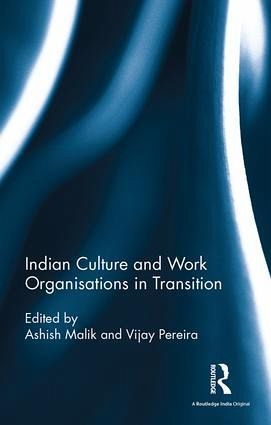
Indian Culture and Work Organisations in Transition

PAYBACK Punkte
93 °P sammeln!
This book provides an understanding of the key theoretical influences on Indian culture in a business context. It provides an academic discussion of the methodological approaches suitable for defining the 'Indian business culture', using Indian philosophical- ethical theories, the influence of post-colonialism, Husserl's phenomenology and other such approaches.













